Your living space often mirrors your inner world more than you might realize. The way someone maintains their home environment can provide surprising clues about their emotional development and maturity level. From how they handle basic responsibilities to the state of their personal spaces, these indicators aren’t about judging lifestyle choices but understanding emotional growth patterns that might need attention.
1. Overflowing Trash Cans
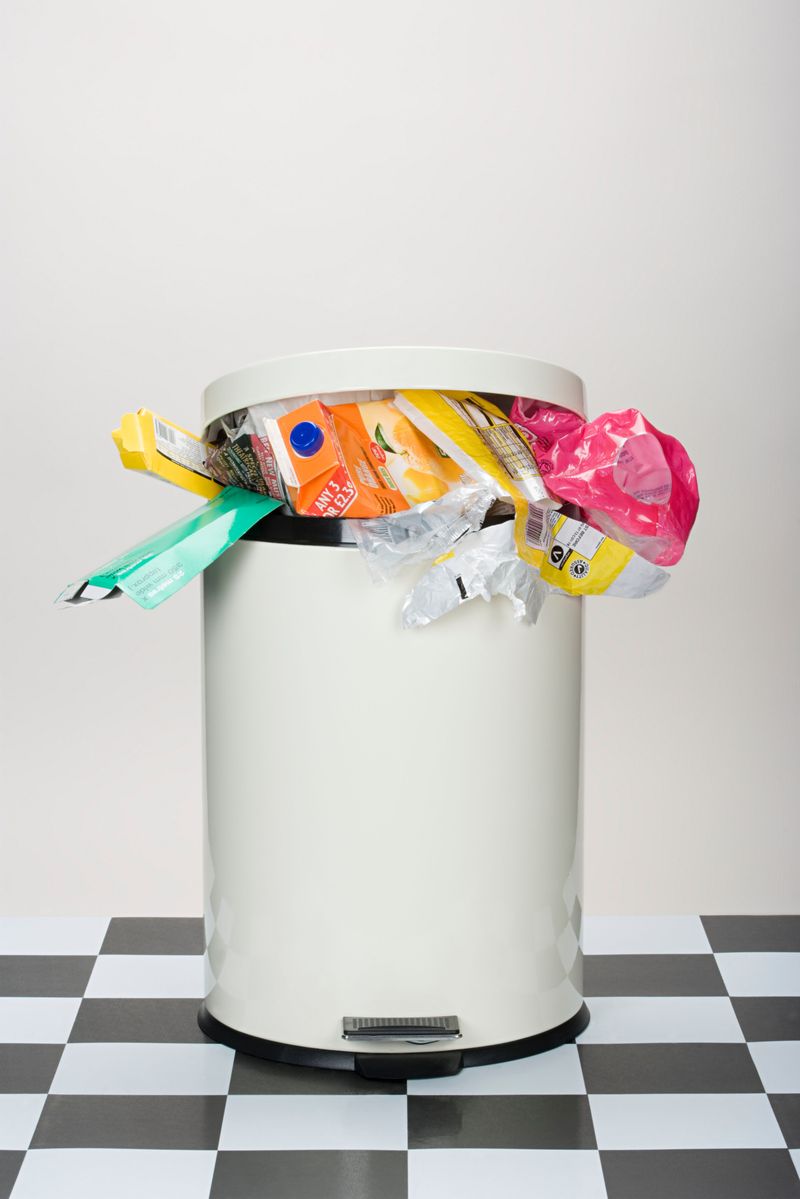
Taking out the trash ranks among the most basic household responsibilities. When garbage piles up despite the obvious smell and overflow, it signals an inability to handle routine maintenance tasks.
This avoidance pattern goes beyond mere laziness. It reflects difficulty facing small unpleasant tasks that adults simply need to handle. The procrastination often stems from an underdeveloped sense of responsibility or feeling overwhelmed by basic life management.
A mature individual acknowledges these necessary chores as part of adult life rather than hoping someone else will eventually deal with the problem.
2. Dirty Dishes Mountain

Crusty plates stacked precariously in and around the sink create both health hazards and roommate tensions. The mountain grows daily while the person responsible seems oblivious to its existence or impact on shared spaces.
The dish pile-up represents more than forgetting chores. It shows a disconnect between actions and consequences – a key marker of emotional development. Mature individuals understand their behaviors affect others and take responsibility accordingly.
When someone consistently leaves this mess for days, they’re essentially saying their immediate comfort matters more than household harmony or basic hygiene standards.
3. Empty Refrigerator
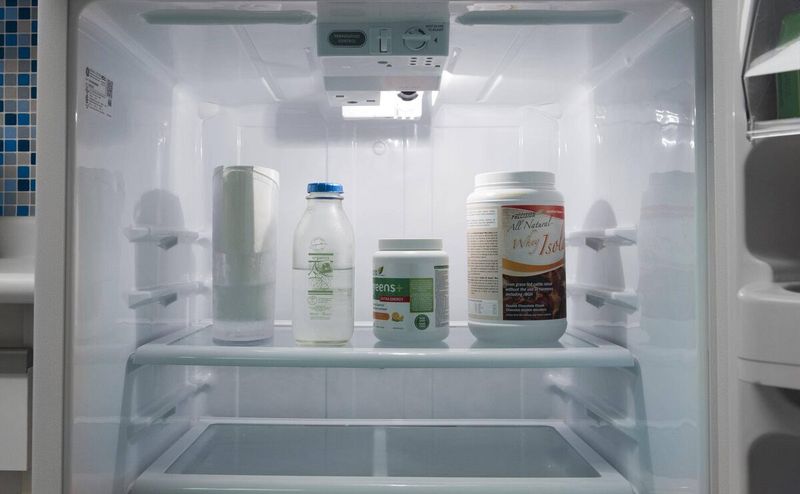
Opening someone’s fridge to find nothing but condiment packets, a half-empty soda bottle, and mysterious leftovers from weeks ago speaks volumes. Regular grocery shopping requires planning ahead – something emotionally immature people often struggle with.
Food represents self-care at its most basic level. The inability to maintain consistent nourishment suggests difficulty with self-regulation and future planning. Adults who can’t keep basic staples on hand often struggle with other forms of personal care and responsibility.
While occasional empty-fridge days happen to everyone, a chronically barren refrigerator indicates a person hasn’t yet developed sustainable self-sufficiency habits.
4. Permanent ‘Floordrobe’
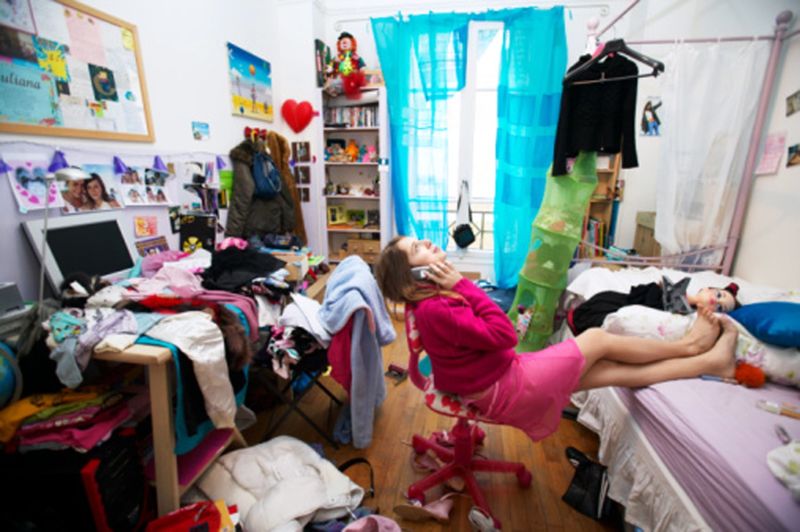
Clothes scattered across every surface create a chaotic living environment that reflects an equally chaotic internal state. The infamous ‘floordrobe’ – where clean and dirty items mingle freely on furniture and floors – reveals an inability to maintain basic order.
Beyond simple messiness, this habit shows difficulty with decision-making and completing tasks. Each discarded item represents a small decision avoided. Mature adults understand that maintaining reasonable order reduces daily stress and creates a more functional living space.
The floordrobe dweller often feels overwhelmed by simple organizational tasks that others handle as part of regular adult functioning.
5. Bare, Undecorated Walls
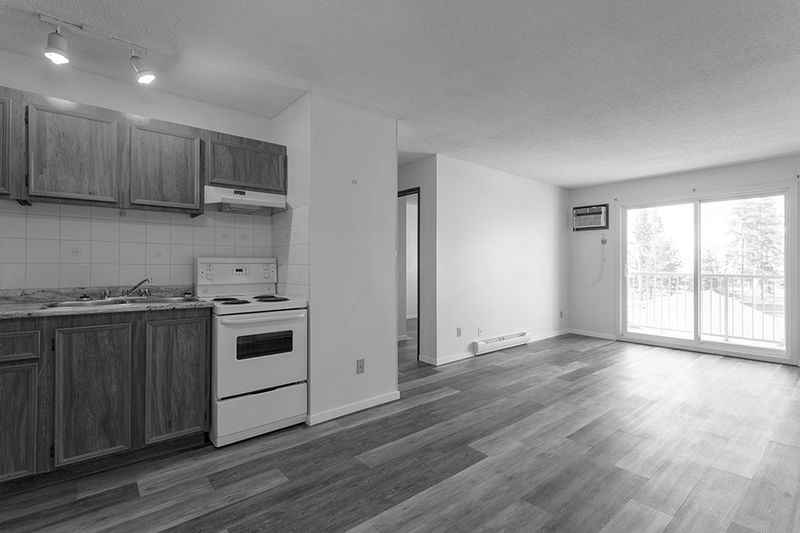
Completely blank walls after months or years of living somewhere signal a reluctance to put down roots or invest emotionally in one’s environment. This goes beyond minimalism into a state of permanent temporariness.
Making a space genuinely yours requires commitment and self-awareness. Those struggling with emotional maturity often avoid these small declarations of identity and permanence. The bare-walled home reflects an inner hesitation to commit to anything – places, relationships, or even personal preferences.
While not everyone needs elaborate décor, mature individuals typically make some effort to create spaces that reflect their personality and provide comfort.
6. Excessive Collections of Childish Items
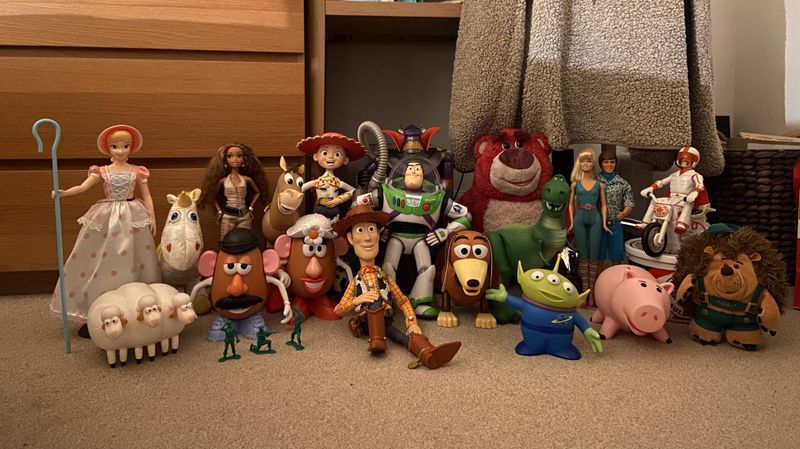
Nostalgic keepsakes are normal, but entire rooms dedicated to childhood toys or adolescent obsessions might indicate arrested development. The key difference lies in proportion and integration with adult life.
Emotionally mature people can appreciate youthful interests while balancing them with grown-up responsibilities and aesthetics. When collections dominate living spaces to the exclusion of adult functionality, it suggests difficulty transitioning fully into adult identity.
This doesn’t mean abandoning beloved hobbies or memorabilia – merely recognizing when attachment to childhood comforts prevents embracing new stages of personal growth and maturity.
7. Parent-Purchased Furniture Only

Adult living spaces filled exclusively with hand-me-downs or parent-purchased items reveal a hesitation to develop personal taste or invest in one’s environment. While budget constraints affect everyone, the complete absence of self-selected items suggests dependency issues.
Emotional maturity includes developing your own aesthetic preferences and making choices that reflect your identity. The process of selecting even small home items represents important steps toward independence and self-definition.
Mature individuals gradually replace inherited pieces with personally meaningful items, creating spaces that genuinely represent who they are rather than remaining in the shadow of parental choices.
8. Constantly Broken Appliances

The microwave has been dead for months. The vacuum cleaner works only when tilted at a specific angle. Yet nothing gets replaced or repaired because dealing with these problems requires initiative and problem-solving.
Emotionally immature people often create elaborate workarounds rather than addressing issues directly. They’ll heat food in pots for months instead of researching replacement microwaves or calling maintenance. This avoidance pattern reveals discomfort with adult responsibilities and decision-making.
Mature individuals recognize that maintaining functional living tools is part of self-care and take reasonable steps to solve household problems when they arise.
9. Mismatched or Missing Basic Essentials

No matching towels. Three forks but seventeen spoons. One pillow without a case. These seemingly minor oversights reveal a larger pattern of struggling with household management.
Adults who can’t maintain basic living essentials often lack organizational systems and forward thinking. The chaotic collection of mismatched necessities suggests purchasing happens reactively rather than through thoughtful planning. While perfect matching sets aren’t required, functional completeness indicates basic life management skills.
Emotionally mature people recognize these gaps and gradually build properly equipped living spaces that meet their needs without constant inconvenience or embarrassment when hosting others.
10. Unframed Posters Taped to Walls

College dorm aesthetic continues years after graduation with posters directly taped or thumbtacked to walls. This temporary approach to decorating reveals reluctance to invest properly in one’s environment.
The issue isn’t the posters themselves but the presentation method. Framing represents commitment to treating possessions with care and creating an intentional living space. Those struggling with emotional maturity often resist these small upgrades that symbolize putting down roots and transitioning to adult standards.
Mature individuals recognize that proper presentation of personal items demonstrates self-respect and transforms casual interests into thoughtful expressions of identity.
11. Perpetually Unmade Bed

Rumpled sheets and blankets permanently twisted into chaos signal more than morning rushes. The consistently unmade bed represents neglect of personal space and daily rhythms that support emotional well-being.
Making your bed requires minimal effort yet creates immediate order in your most intimate space. Those who never bother often struggle with other small self-care routines that contribute to overall stability. The unmade bed becomes both symptom and cause of disorganized thinking.
Emotionally mature people recognize these small daily rituals create structure and calm, making the few seconds of bed-making worthwhile for the psychological benefits they provide.
12. No Cleaning Supplies

Opening under-sink cabinets to find nothing but an ancient bottle of all-purpose cleaner reveals a fundamental avoidance of maintenance responsibilities. Basic cleaning supplies represent readiness to handle messes – both literal and figurative.
The absence of these tools signals an unwillingness to acknowledge that maintaining spaces requires consistent effort. People struggling with emotional maturity often view cleaning as optional rather than necessary, resulting in reactive rather than preventative approaches to household care.
Mature individuals stock appropriate supplies and develop regular cleaning habits, understanding that environmental order contributes significantly to mental well-being and overall life functioning.
13. Chaotic Mail and Paper Piles

Unopened bills and random papers create archaeological layers on countertops and tables. Important documents mingle with junk mail in precarious stacks that nobody dares disturb.
This paper chaos reveals avoidance of administrative responsibilities and decision-making. Each unopened envelope represents a small commitment deferred. The growing pile becomes increasingly intimidating, creating a cycle of procrastination and anxiety.
Emotionally mature people develop systems for promptly handling incoming information and documents, recognizing that maintaining order in these areas prevents larger problems from developing and reduces overall stress levels.
14. Refrigerator Science Experiments

Forgotten food containers transform into unidentifiable science experiments lurking in refrigerator corners. These moldy mysteries reveal patterns of neglect and avoidance that extend beyond mere forgetfulness.
Regularly purging expired items requires facing consequences of past actions – something emotionally immature people often avoid. The ability to discard what no longer serves you applies to food as well as relationships and behaviors. Those who let food repeatedly rot often struggle with other forms of letting go.
Mature individuals regularly assess what remains useful in their lives and discard what’s expired, maintaining healthier physical and emotional environments through conscious attention and timely action.
15. Empty Walls But Cluttered Surfaces
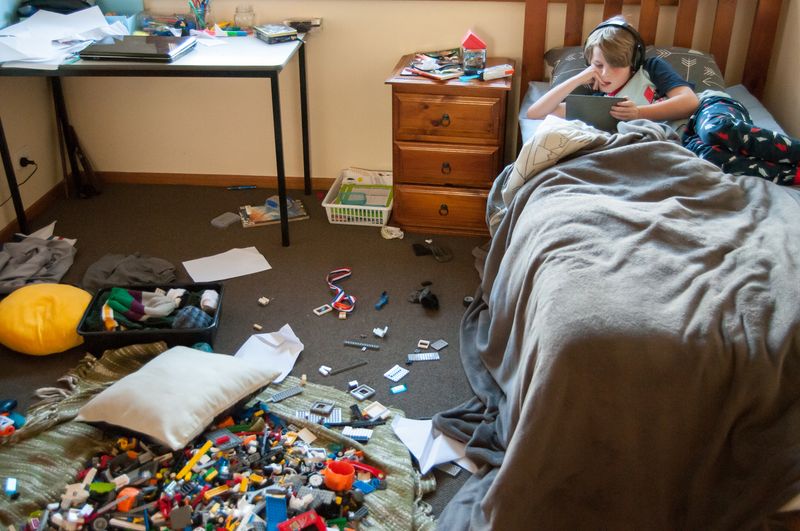
Personal items cover every horizontal surface while walls remain bare. This imbalance reveals difficulty with intentional decision-making and permanence. Placing objects on shelves requires no commitment compared to hanging something on a wall.
The cluttered-surface/empty-wall combination often indicates someone comfortable acquiring possessions but uncomfortable making lasting statements about identity or preferences. The resulting visual chaos creates a living space that feels simultaneously overfilled yet impersonal.
Emotionally mature individuals create balanced environments where meaningful items have appropriate places, rather than accumulating surface clutter while avoiding more permanent expressions of personality.

Comments
Loading…